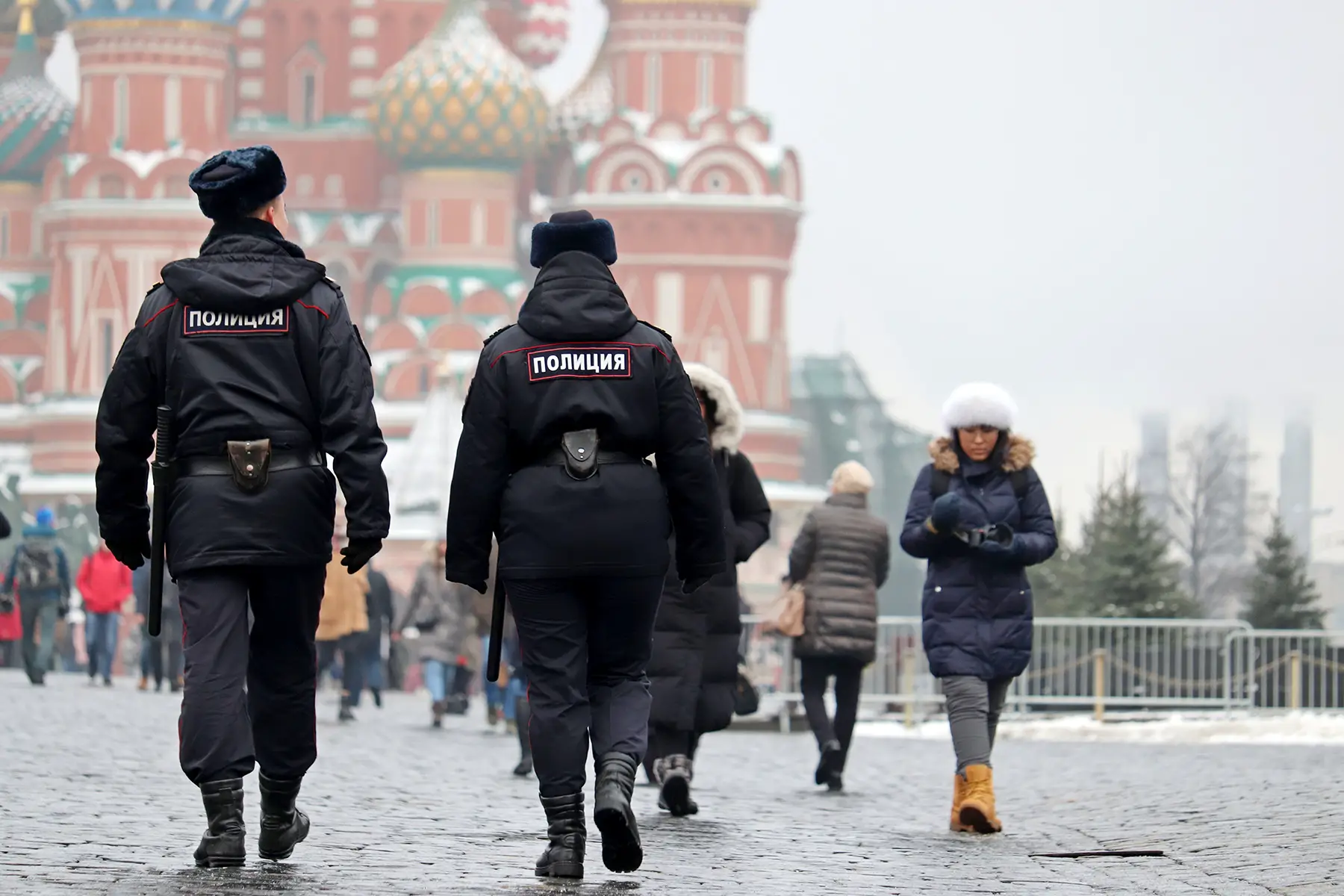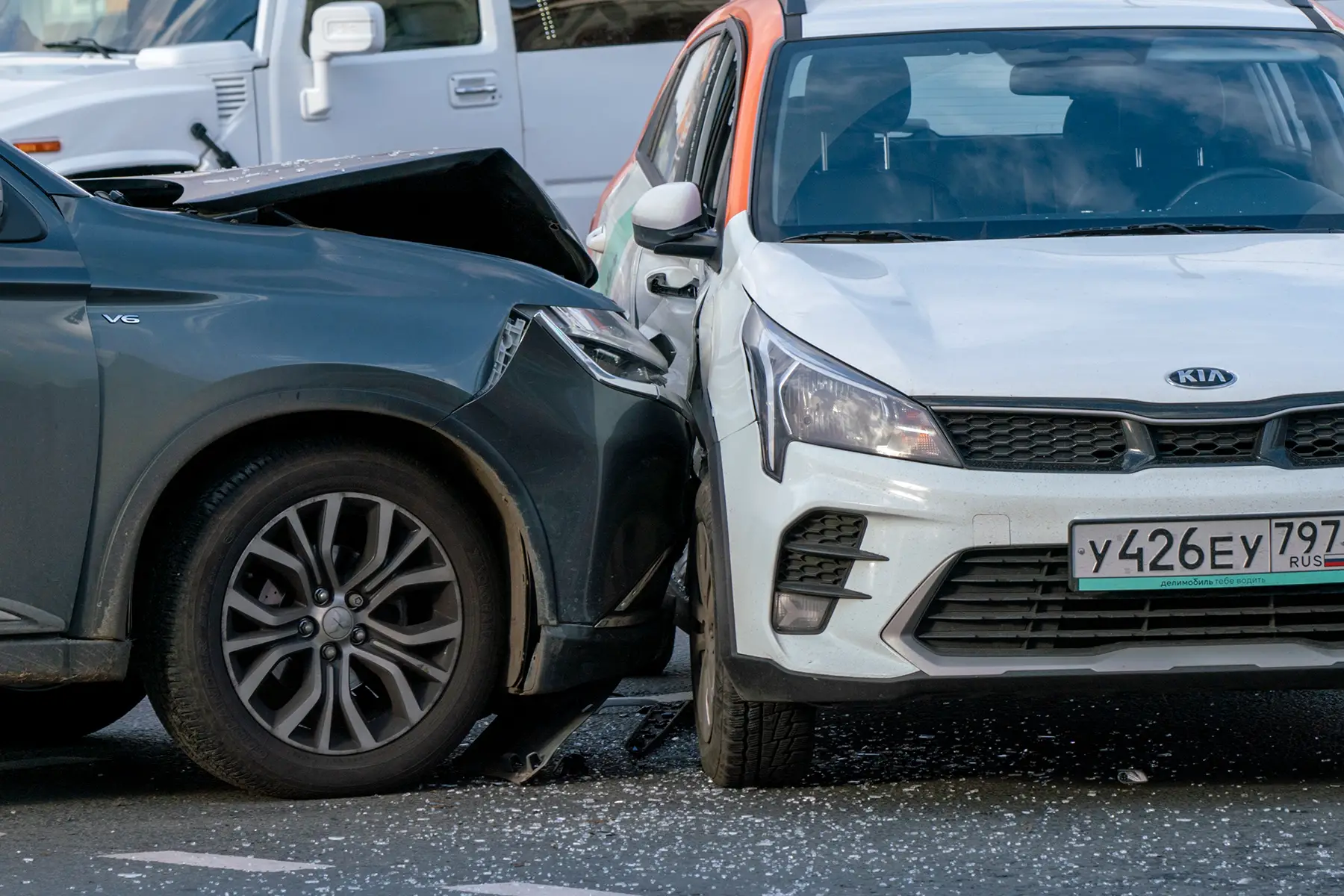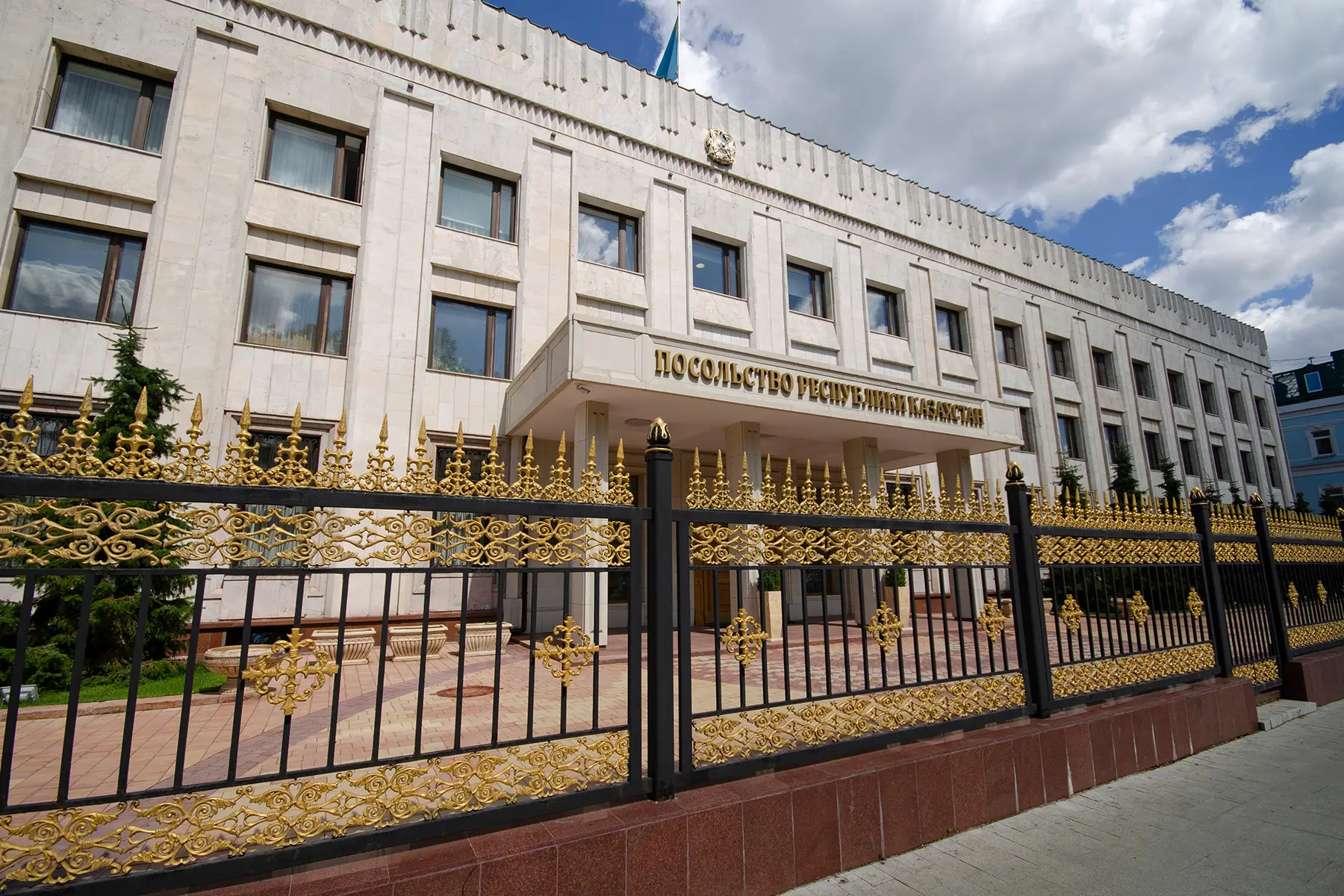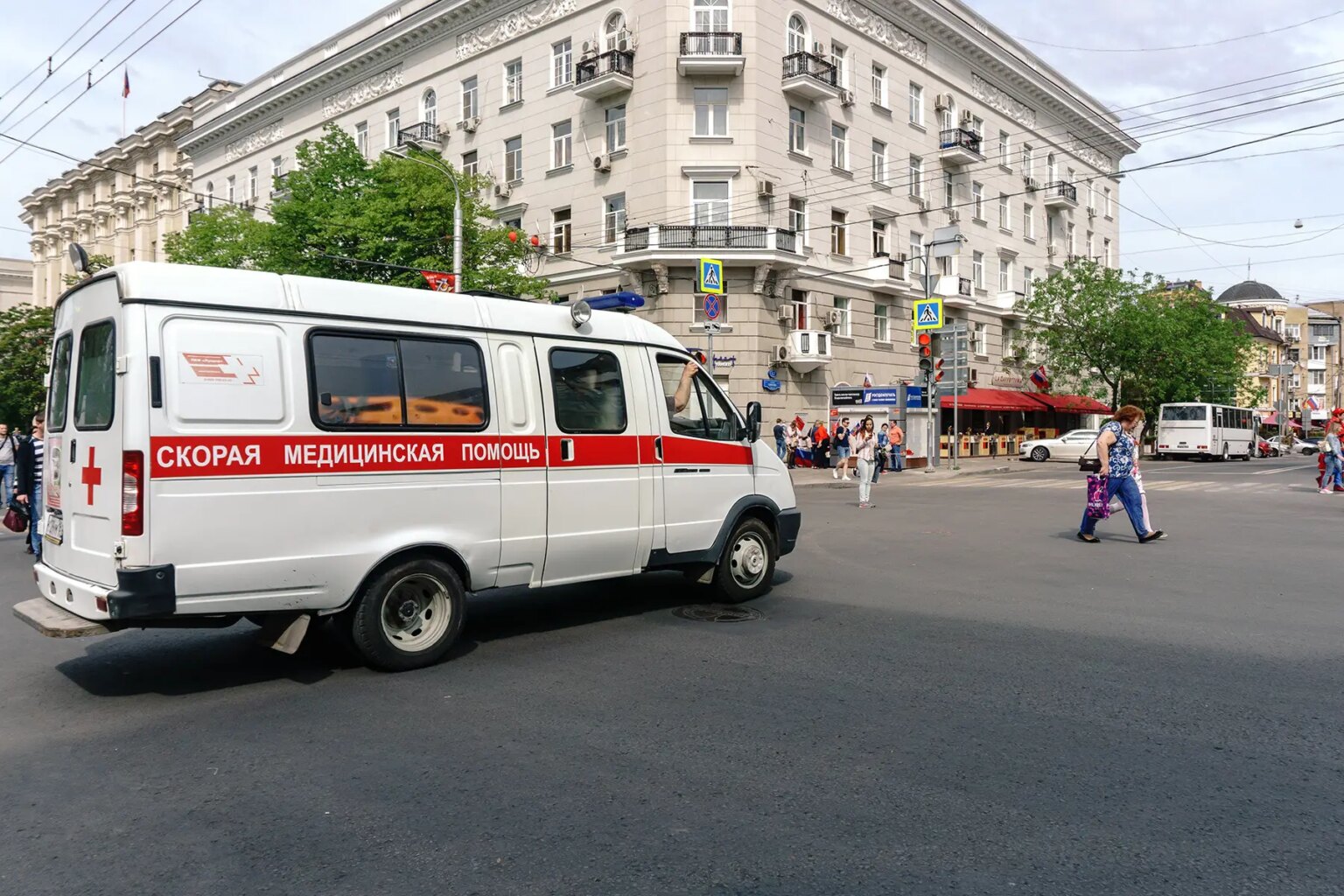Important notice from the Editor in Chief
Maintaining our Russian site is a delicate matter during the war. We have chosen to keep its content online to help our readers, but we cannot ensure that it is accurate and up to date. Our team endeavors to strike the right balance between giving information to those who need it, and respecting the gravity of the situation.
Russia’s security situation is unpredictable and can deteriorate rapidly. While crime rates are generally low, violence-based crimes are on the rise, and the country is considered to be at high risk for financial crimes and terrorism.
However, whether you need the police, fire department, or medical care during an emergency, they are there when you need them.
| Emergency service | Landline number | Mobile phone number |
| General emergency line | 112 | 112 |
| Ambulance | 03 or 103 | 103 |
| Firefighters | 01 or 101 | 101 |
| Police | 02 or 102 | 102 |
| Suicide/Crisis line | (495) 625 3101 | (495) 625 3101 |
| Gas leakage | 104 | 104 |
Besides the above, Russia has a number of other emergency helplines you may not be familiar with:
- Main emergency numbers in Russia
- Helplines for gender-based violence in Russia
- Mental health and substance abuse helplines in Russia
- Emergency number for road and traffic accidents in Russia
- Who to call in a property or housing emergency
- How to reach the Russian animal services
- Help for foreign nationals in Russia
- What to do in an emergency in Russia
- Emergency terms and phrases in Russian
- Useful resources
Main emergency numbers in Russia
If you or someone else is in immediate danger, you can call 112 from any landline or mobile phone in Russia. Calling 999 or 991 does not work; instead, call 112. The operator will divert you to the required service.
You should only use Russia’s emergency number in genuine crises, such as if there is a serious threat to your health. Using these lines for non-urgent issues causes delays for those who need help the most.

Russian ambulance and rescue services
In a medical emergency, call 03 (from a landline) or 113 (from a landline and mobile) to contact the ambulance service. Regardless of your medical insurance status in Russia, you can access emergency healthcare for free.
The Russian Ministry of Emergency Situations (EMERCOM) is responsible for most rescue services, including those that respond to natural disasters. Their crisis helpline is +7 (495) 400 99 99.
The following are some other useful numbers to jot down:
- National Sea Rescue Service: 112
- Red Cross: (499) 126 7571
- HIV/AIDS Helpline: (495) 366 6238
- Sverdlovsk Regional Center of Acute Poisonings (Ekaterinburg): +7 495 621 6885
- Saint-Petersburg Center of Treatment of Poisonings: +7921 313 4620
How to reach the Russian fire services
The fire brigade (Пожарной Охраны/Pozharnoy Ohrany) is split into two divisions:
- The Federal Fire Service – conducts firefighting, fire prevention, and rescue work
- The Fire Service of the Russian Federation – responsible for training and fire safety
In an emergency, you can contact the firefighters on 01 (from a landline) or 101 (from a landline and mobile).
Emergency number for the police in Russia
In Russia, the police force (Полиция/Politsiya) is overseen by the Ministry of Internal Affairs (MVD). The ministry also provides an online guide to what you should do to report different types of crime in Russia.
The emergency number for the police in Russia is 01 or 101. You can also call:
- Moscow City Police: (495) 200 9305
- St Petersburg City Police: (812) 579 9824

To report a missing person, call the emergency services on 102 or 112. The Russian police also provide a step-by-step guide on how to report a missing person.
Helplines for gender-based violence in Russia
Help for domestic abuse in Russia
In 2017, the Duma decriminalized domestic violence that does not require hospital treatment. As such, the police will not or cannot act in certain situations. Instead, you may call one of several emergency numbers that offer help to victims of domestic violence in Russia. For example:
- Children and teens helpline: 8 800 2000 122
- Crisis Center for Women: (812) 327 30 00
- Project Not alone: 8 499 383 02 44
- Sisters Center Helpline: +7 (499) 901 02 01
How to call LGBTQ+ services in Russia
Russia added the “International LGBT movement” to its list of extremist and terrorist organizations. These sites and services may no longer operate in the country, though you may still be able to access their advice online:
Mental health and substance abuse helplines in Russia
Russian mental health services
If you require mental health services in Russia, you should generally contact your doctor for advice first. Your doctor can then prescribe you medicine or refer you for suitable treatment. The quality of mental healthcare services varies overall, depending largely on where you are in Russia. Those with private healthcare or residing in major cities such as Moscow may have greater access to services.

The following organizations also offer emergency mental health services in Russia:
- Suicide/Crisis line: (495) 625 3101
- Pomoschryadom: find a child psychologist
Services that help with drug and alcohol abuse
Russia has pretty draconian drug laws and has been clamping down on NGOs helping drug addicts. For example, the Andrey Rylkov Foundation (the only harm reduction NGO working in Moscow) was declared a foreign agent by the Russian government in 2023.
At the time of writing (January 2025), it is unclear where you can go if you need help battling a substance abuse problem. If you have acute alcohol poisoning, you may find help by calling:
- Sverdlovsk Regional Center of Acute Poisonings (Ekaterinburg): +7 495 621 6885
- Saint-Petersburg Center of Treatment of Poisonings: +7921 313 4620
Emergency number for road and traffic accidents in Russia
If you are involved in a traffic accident in Russia, you should stop the vehicle immediately, turn on your hazard lights, and display your warning triangle. The Russian police provide a full guide on what to do in a traffic emergency.
In the case of minor accidents with no casualties, swap phone numbers, addresses, insurance details, and full names with other parties involved.

Who to call in a property or housing emergency
Lost or stolen property in Russia
If you think a valuable item has been stolen, you should contact your local police force in Russia. However, if you’ve lost an item, you should first visit the relevant lost and found desk (e.g., at the train station).
- Found passports: if you find someone’s passport, you should take it to the nearest police station in Russia
- Lost bank cards: if you lose your credit or debit card, you should contact your provider as soon as possible to have the card frozen
Utility and telecom services in Russia
In the case of a gas leak, you must call Russia’s emergency number, 104. Other utility and telecom outages are less urgent. Instead, you can contact your provider:
- Electricity outages: the main providers in Moscow are the Moscow United Electric Grid Company (MOESK – 8800 220 0 220) and Mosenergosbyt (+7 449 550 9 550)
- Gas outage: MOSGAZ is Moscow’s main gas provider (8 800 700 71 04)
- Water outages: the main providers in Moscow are Mosvodokanal (8 499 763 343 4), Mosvodostok (+7 495 657 87 03), and Rosvodokanal (+7 473 206 77 06)
- Telephone issues: if you have an issue with your landline, you can contact Rostelecom
How to call homelessness services in Russia
Nochlezhka is a not-for-profit organization helping homeless people across Russia since 1990. You can reach out to them by calling:
- Moscow branch: +7 499 322 04 27
- Saint Petersburg branch: +7 812 407 30 90
If you’re in Moscow, you can also contact Samu Social.
How to reach the Russian animal services
If you find someone’s pet in Russia, you should take it to a veterinarian. They can see if the pet has any chip or identification and search the databases if so.
- Pet ID: a database of electronically registered animals (Russian only, however)
- Russia Pet: a database of pets, connected with European records (Russian only, however)
Help for foreign nationals in Russia
Russia is staggeringly vast, with a diverse set of both tourists as well as foreign national residents. As a result, you’ll find embassies and consulates dotted all over the country, serving the immigrants and tourists of the region.

For a complete list of embassies and consulates in Russia, consult EmbassyPages. You can also visit the website of the Ministry of Foreign Affairs.
What to do in an emergency in Russia
When you call Russian emergency services, you should clearly state:
- Your name
- Your phone number
- The location where help is necessary
- The situation and if it’s still happening
- How many people require help
- Whether there are weapons or dangerous substances involved
Other tips and things to keep in mind:
- Don’t forget the security code to your parking garage or apartment building
- Never hang up until you are invited to do so
- If you have known medical problems or regularly take prescription drugs, make sure you know how to say their names in Russian to the operator
- If you have children, know their exact ages and weight (in kilograms) in case you need to call an anti-poison center or administer medication
Emergency terms and phrases in Russian
Some useful Russian phrases and vocabulary to learn are:
| English | Russian |
| Help! | Pomogitye! |
| Help me | Pomogi mne |
| I can’t breathe | Ya ne mogu dyshat’ |
| (Severely) allergic | (Sil’naya) allergiya |
| Accident | Avariya |
| Fire | Ogon’ |
| Murder | Ubiystvo |
| Emergency | Avariya |
| Ambulance | Skoraya pomoshch’ |
| Doctor | Vrach |
| Hospital | Bol’nitsa |
| Police | Politsiya |
| Call 911/999 | Pozvonite devyat’ devyat’ devyat’ |
| I want a lawyer | Mne nuzhen advokat |
| I’m innocent | Ya nevinoven |
Useful resources
- Ministry of Emergency Situations – official government website of the ministry responsible for most rescue services, including during natural disasters
- Ministry of Foreign Affairs – official government website with more information on foreign embassies in Russia
- Guide by the Russian Police – official information on how to report a crime in Russia






